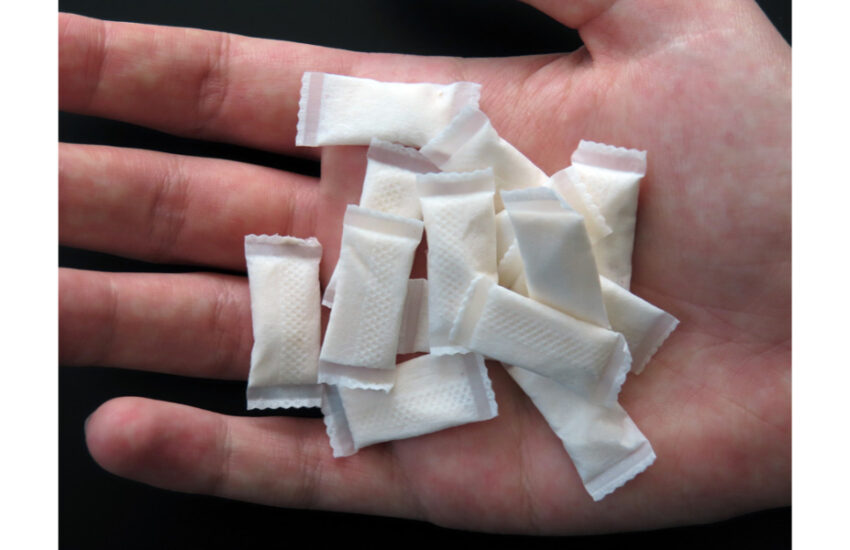Crystal Meth Withdrawal Symptoms and Withdrawal Timeline as per Mallard Lake Center
Methamphetamine, popularly known as crystal meth or meth, is a synthetic stimulant that is highly addictive. It gives the user an initial “high,” but it wears off rapidly, so they have to keep taking more of it. Most people who use crystal meth on a regular basis report experiencing withdrawal when they try to stop. In most cases, withdrawal lasts only 1-2 weeks. However, some people report experiencing severe withdrawal symptoms like severe depression or suicidal thoughts that can last for months.
Crystal Meth Withdrawal Symptoms.
Methamphetamine disrupts normal neurotransmitter activity, leading to a variety of negative psychological and behavioral effects. Withdrawal symptoms are experienced when the use of the drug is suddenly stopped. About 87% of chronic crystal meth users will experience withdrawal symptoms. Typical crystal meth withdrawal symptoms include:
- Disrupted sleeping patterns.
- Lack of concentration.
- Extreme cravings.
- Poor sex drive.
The crystal meth withdrawal symptoms might differ from user to user. The intensity of symptoms might be affected by a variety of circumstances. This is due in part to a number of variables, including:
- Amount of crystal meth that was abused.
- The length of time of the abuse.
- Whether the substance was mixed with other substances.
- Individual physiology.
- Existence of a mental health disorder.
Meth Withdrawal Timeline
- 24-48 hrs
This stage is known as the crash phase. One may notice a drastic decrease in energy and mental clarity during this time. During this time, depression is also typical, and hallucinations, paranoia, and anxiety may also show up. The crash phase is also characterized by intense cravings.
- 3-5 days
At this phase, the withdrawal effects will start to subside. However, this is when cravings are at their worst, and relapse is most likely to occur.
- 2-4 weeks
During this time, cravings begin to subside, but the lack of methamphetamine may reveal or exacerbate underlying psychological issues. Extreme cases of mental health issues, including psychosis, depression, and anxiety, may require the help of a licensed psychiatrist.
- 1-2 Months
Months after acute withdrawal, severe meth abusers may have protracted withdrawal, also known as post-acute withdrawal syndrome (PAWS). Depression, agitation, irritability, fatigue, inability to sleep, and cravings are common symptoms.
Meth Withdrawal: Deadly or Not?
Meth withdrawal symptoms are often not lethal. Some people have a very difficult time with methamphetamine withdrawal, although this is often because they get dehydrated. With medical assistance, this is manageable as long as the individual keeps hydrated and takes a healthy diet. Nutritional and hydrational assistance during medical detox is beneficial. Having a team of experts keeping an eye on you at all hours can avert lots of problems.
Mallard Lake Detox Center Is Here to Help You.
Are you experiencing meth withdrawal symptoms? Get the help you need at Mallard Lake Detox Center in Houston, Texas. Our facility has helped thousands of individuals struggling with meth addiction get back on their feet. Get in touch with Mallard Center’s admissions staff if you have any questions regarding crystal meth addiction treatment or would like to schedule a consultation.




